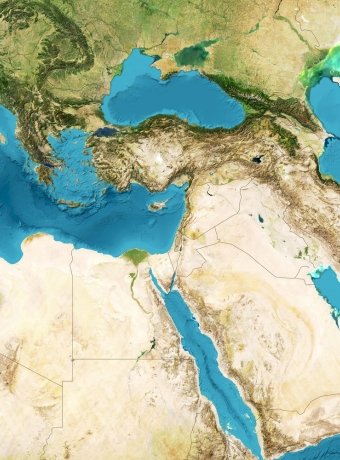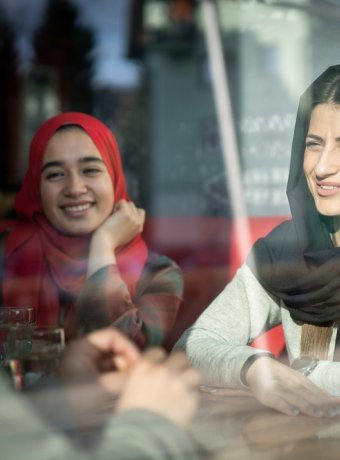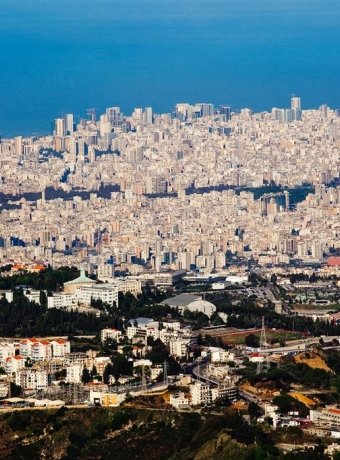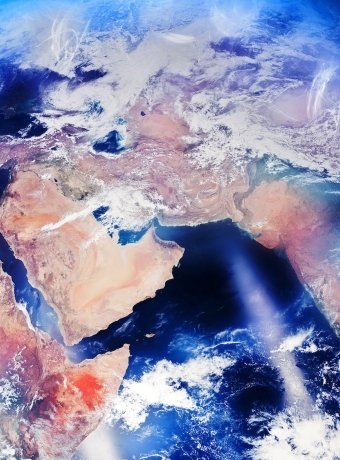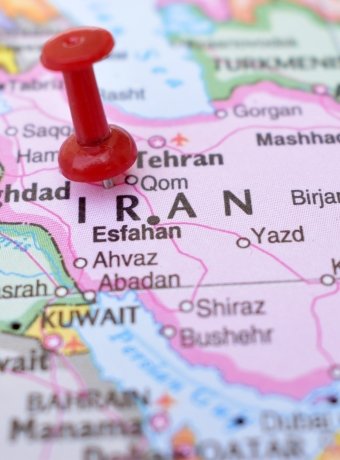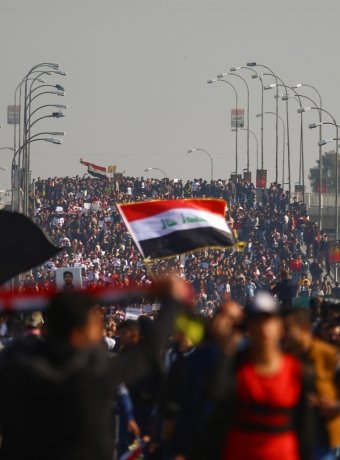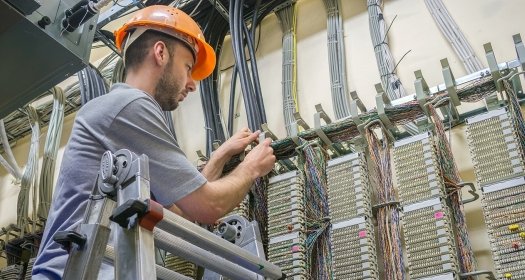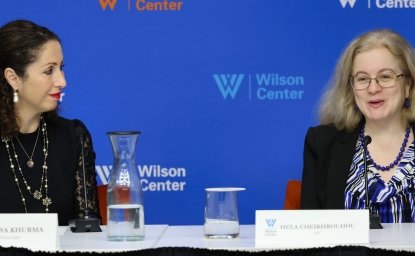
Middle East Program
The Wilson Center’s Middle East Program serves as a crucial resource for the policymaking community and beyond, providing analyses and research that helps inform US foreign policymaking, stimulates public debate, and expands knowledge about issues in the wider Middle East and North Africa (MENA) region.
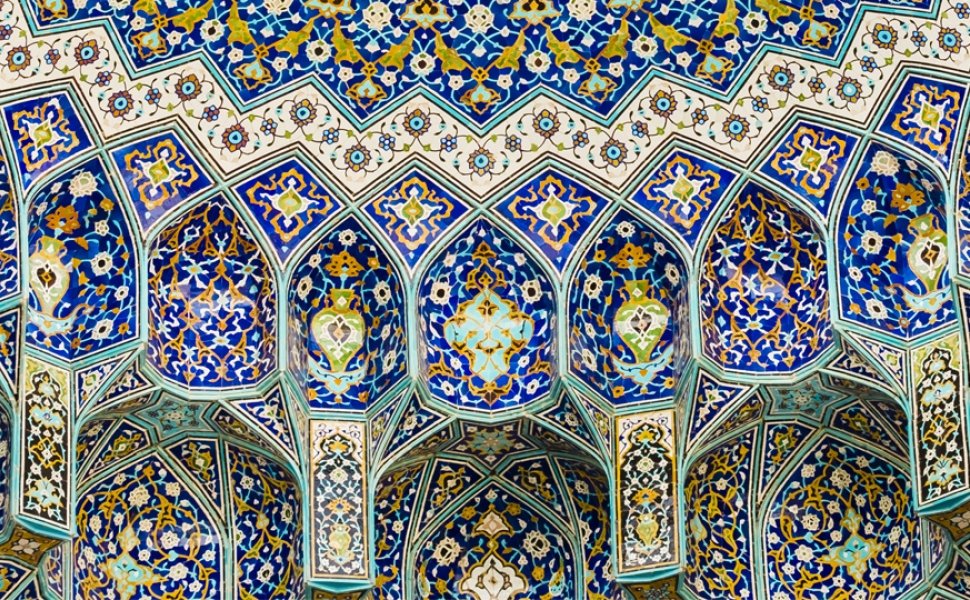
Recent Insight & Analysis
Read More

Women are the Catalysts for Change in Lebanon

Iraq Should Consider Extending UNAMI’s Mission
Special Initiatives
Explore Our Core Thematic Areas
The Middle East Program's flagship initiatives include the MENA Workforce Development Initiative (MENA-WDI) and Middle East Women's Initiative (MEWI).
The Middle East and North Africa Workforce Development Initiative (MENA-WDI) aims to assess both current and projected challenges facing the region in developing the workforce and the implications for peace and stability.
ExploreThe Middle East Women's Initiative (MEWI) promotes the empowerment of women in the region through an open and inclusive dialogue with women leaders from the Middle East and continuous research.
ExploreMEP Collaborations
The Middle East Program hosts multiple cross program collaborations, including two established websites cohosted with the United States Institute of Peace.
"The Islamists" is a book and website on the origins, evolution, and positions of Islamist movements in the Middle East. The movements are redefining the order and borders in the world’s most volatile region. Yet they have diverse goals and different constituencies. Sometimes they are even rivals.
Learn MoreThe world’s most comprehensive website on Iran, “The Primer” brings together 50 experts—Western and Iranian—in concise chapters on politics, economy, military, foreign policy, and the nuclear program. It chronicles events under six US presidents. It also has leader bios, timelines, data on nuclear sites—and context for what lies ahead.
Learn More
